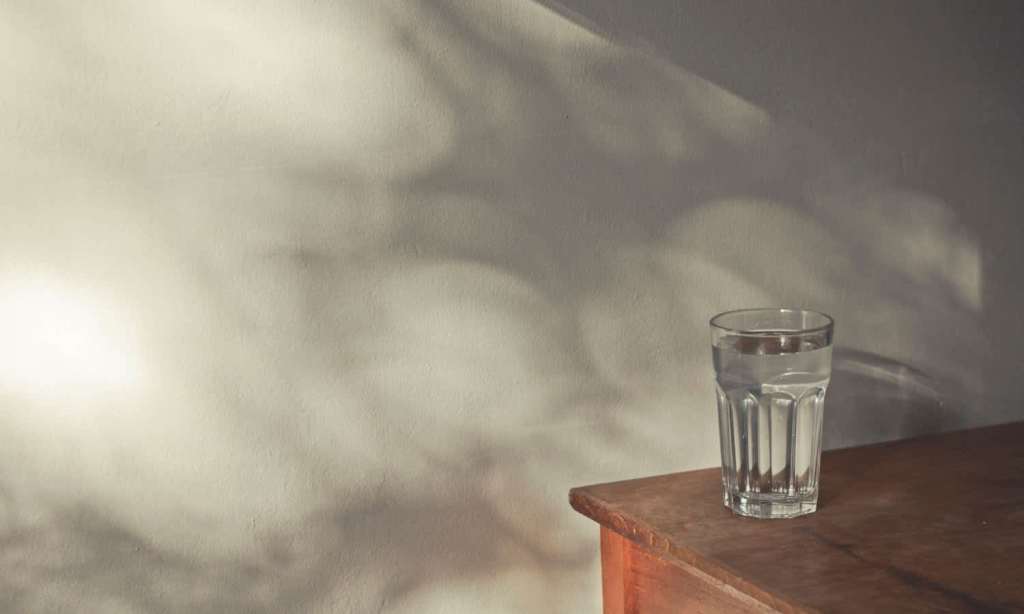Throughout our lives — really, from the moment we could hold a cup without any external help — we’ve been encouraged to drink eight glasses of water a day. The thing is, that advice seems to come from 1945 — a recommendation from the Food and Nutrition Board of the United States National Research Council.
So, yeah, it’s safe to say that information is a little outdated. It also doesn’t take into account a range of factors that affect our recommended water intake: age, sex, weight, physical activity, geographic location. If you’re looking for an exact figure in terms of how much water should you drink per day, not even Australian dietary guidelines can give you the specifics — their official recommendation, from 2013, is to “drink plenty of water.”
But not all is entirely lost. Mayo Clinic, a US-based nonprofit, recommends 2.7 litres for women, and 3.7 litres for men — on a daily basis. Australia’s National Health and Medical Research Council say 2.1 litres; for men, it’s 2.6. The latter measurement doesn’t include incidental water intake, through certain foods — roughly 25% of water comes from foods, according to the National Nutrition Survey. if you’re pregnant or breastfeeding, you should be drinking more water.
If you’re looking for a rough recommendation, you can find that from the Nutrient Reference Values. If you’re looking for a more specific figure, accredited practising dietitian Chloe McLeod told Women’s Health said 35 millilitres per kilogram of body weight is a good idea — have fun with the maths.
So once you’ve figured out exactly how much water you should be having every day, now it’s time to reap the benefits. The benefits? Well, it helps with digestion — drinking water with meals can help food dissolve in the stomach; it can also help with the digestive flow if you’re constipated.
It also helps your kidneys. We need to be well-hydrated for them to work properly, and water intake can help those bad boys excrete more sodium and toxins. Another benefit? (Yes, they’re endless). It can increase your energy levels. Dehydration has some groggy side effects, leaving you fatigued and sluggish. So perk yourself up by drinking more water.
And yes, it may make you need to pee more — but that’s a good thing! Getting up and going to the bathroom helps you get up and moving, even if it’s only a few short steps. It’ll get your blood flowing.
Read more stories from The Latch and subscribe to our email newsletter.

